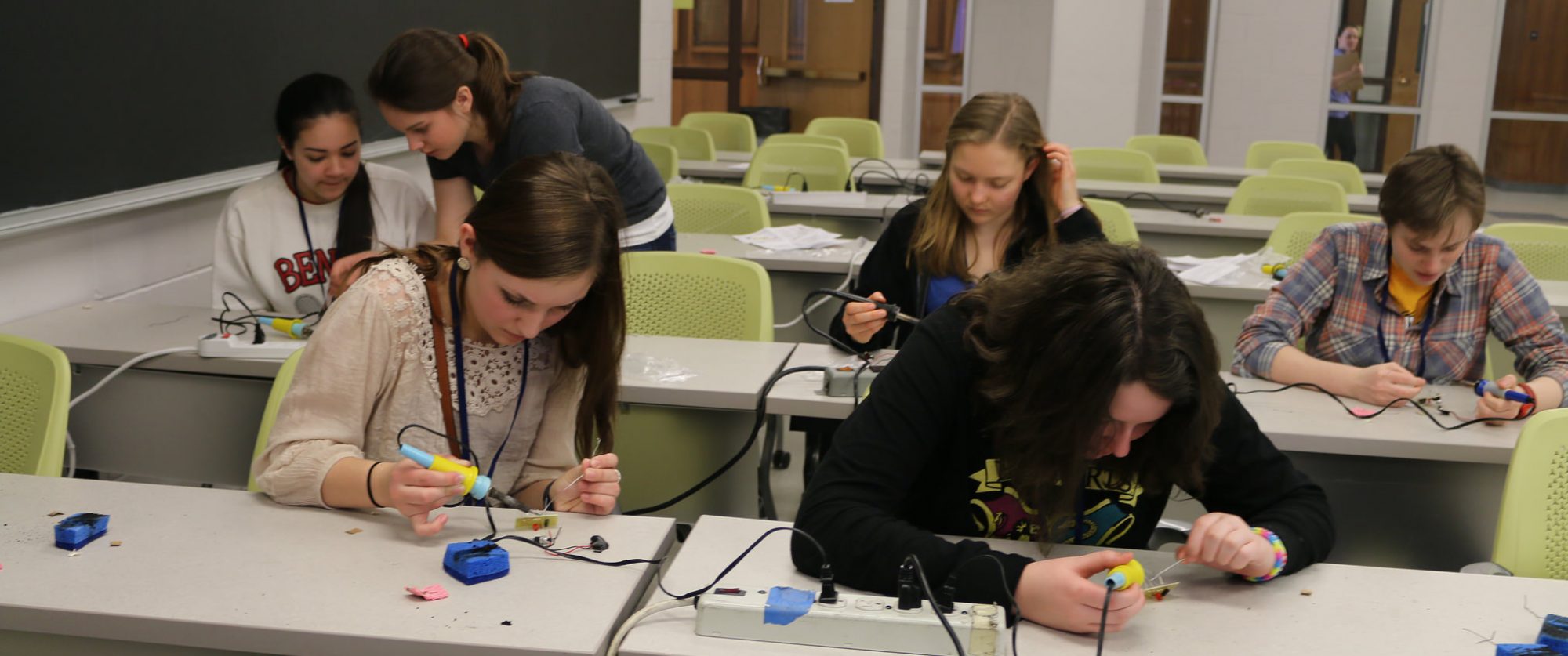I’m interested in chemical engineering because I like chemistry, but I’m not sure what kind of job I would have. What do chemical engineers do after college? –Natalie
Hey, Natalie! I was in the chemical engineering program here at the University of Illinois for a while (although I eventually switched to plain ole’ chemistry), so I thought I’d take a stab at your question!
You’ll find chemical engineers in a number of places after college, some of them surprising! At their core, chemical engineers apply chemical principles such as fluid dynamics and reaction conditions to solve problems in the production and use of a number of products. Because of this broad job description, chemical engineers find work in in manufacturing, pharmaceuticals, healthcare, construction, petrochemicals, food processing, electronics, business services, and the energy sector.
The American Institute of Chemical Engineers lists these possible jobs you might have as a chemical engineer:
- Chemical engineers improve food processing techniques, and methods of producing fertilizers, to increase the quantity and quality of available food.
- Chemical engineerings construct the synthetic fibers that make our clothes more comfortable and water resistant; they develop methods to mass-produce drugs, making them more affordable; and they create safer, more efficient methods of refining petroleum products, making energy and chemical sources more productive and cost-effective.
- Chemical engineers develop solutions to environmental problems, such as pollution control and remediation.
I hope this gives you an idea of what you might do as a chemical engineer and helps you determine if it’s the right path for you!
–Alayna (chemistry and material science, 2020)



